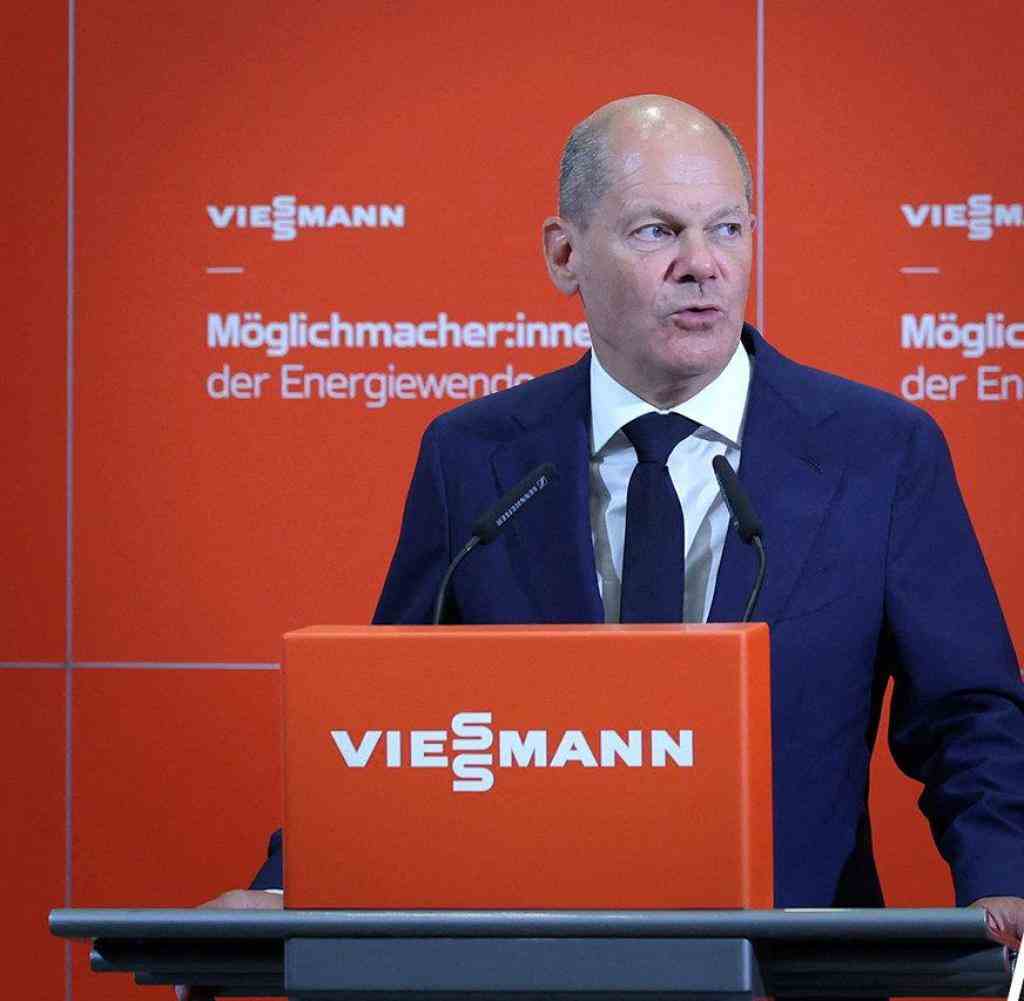Cold pools, heating check – Habeck’s plans bring so little gas savings
Saving gas – These tips come from professionals
When it comes to saving gas, private households in particular are now in demand. Economics Minister Robert Habeck is not the only one who sees great potential here. The FDP warns that not only the gas but also the electricity supply could pose a problem in winter.
Federal Minister of Economics Habeck wants to oblige energy saving by regulation. However, the planned measures have only a limited effect. In a gas shortage, citizens and companies would have to do without energy many times more.
Dhe measures for mandatory energy saving announced by Federal Minister of Economics Robert Habeck (Greens) have only a minor effect on gas consumption. According to information from government circles, two ordinances, with which the package of measures announced a few weeks ago is to be implemented, are in the so-called departmental coordination with the other ministries of the federal government.
However, the planned regulations will only reduce gas consumption by two percent, according to ministry circles. According to the Federal Network Agency, however, savings of at least 20 percent of annual consumption are necessary, and a reduction of at least 15 percent has been agreed in the EU.
So far, according to the responsible Federal Network Agency, savings in Germany have only amounted to five to eight percent. The majority of the reduction does not come from private households, but from industry, which has partially switched to other energy sources such as coal or oil.
In addition to the two percent savings that are now to be added by the measures of the two regulations, at least another ten percent must be saved. Three to five percent are to be achieved by generating less electricity from gas-fired power plants. Despite the permission to connect coal-fired power plants to the grid again, gas is still being used to generate electricity.
According to reports, this is due to the high demand for electricity from neighboring France, which is currently struggling with problems with its own nuclear power plants. In addition, it is difficult to restart the coal-fired power plants, since the low water levels mean that hardly any coal can be transported to the power plants by ship.
Nevertheless, there is a remaining five to ten percent savings that industry and households have to save on a voluntary basis in order to get through the winter without a gas shortage as things currently stand. The measures now adopted with the ordinances include a ban on heating private pools that are not used commercially.
Tenants may heat less than the minimum temperature
Clauses in rental contracts that specify a minimum temperature are also being suspended, so tenants can heat their apartments less if they want to. However, experts fear that this could lead to increased mold growth, which is said to be counteracted with appropriate ventilation.
In public buildings, common areas such as corridors, foyers or technical rooms should no longer be heated at all, in the other rooms the minimum temperature should be reduced by one degree to just 19 degrees. However, this only applies to public buildings. Habeck had announced that he also wanted to talk to the Ministry of Labour, employers and unions about lowering the minimum temperature in companies.
Instantaneous water heaters and boilers should also no longer be allowed to be operated in public buildings. The exterior lighting of buildings and monuments will be switched off by decree, advertising boards should no longer be illuminated between 10 p.m. and 6 a.m. In addition, heating checks, the so-called dynamic adjustment of heating systems and the replacement of inefficient heating pumps are to become mandatory.
Companies must also implement all energy-saving measures that make economic sense in the short term. However, all of these measures only add up to the two percent gas savings that can be prescribed.
“Everything on shares” is the daily stock exchange shot from the WELT business editorial team. Every morning from 7 a.m. with the financial journalists from WELT. For stock market experts and beginners. Subscribe to the podcast at Spotify, Apple Podcasts, Amazon Music and deezer. Or directly by RSS feed.



